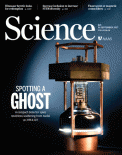 Science has issued an expression of concern for a widely covered materials science paper published on Friday, citing issues with the supplementary data.
Science has issued an expression of concern for a widely covered materials science paper published on Friday, citing issues with the supplementary data.
The paper — which caught the attention of multiple news outlets — added properties to cotton fibers in vitro, potentially enabling researchers to manufacture fabric that can fluoresce or carry magnetic properties.
The move to issue an expression of concern was unusually quick. According to the journal, an expert who received the paper from a journalist under a media embargo contacted Science to flag issues in some of the supplementary data. At the time of this post, the paper does not yet have an entry on PubPeer.
Here’s the full expression of concern:
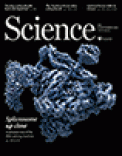
 Despite continuing to vigorously defend their work, the authors of a controversial paper about the effects of human pollution
Despite continuing to vigorously defend their work, the authors of a controversial paper about the effects of human pollution 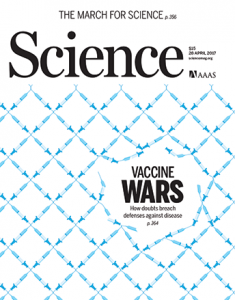

 When zoologists at the University of Oxford
When zoologists at the University of Oxford 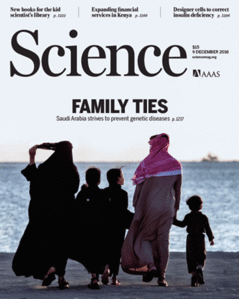
 In August, Science told us it was
In August, Science told us it was 
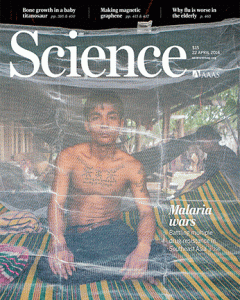 An expert group at Uppsala University has recommended not proceeding with a full investigation into allegations of misconduct in a high-profile Science paper showing how human pollution may be harming fish.
An expert group at Uppsala University has recommended not proceeding with a full investigation into allegations of misconduct in a high-profile Science paper showing how human pollution may be harming fish.